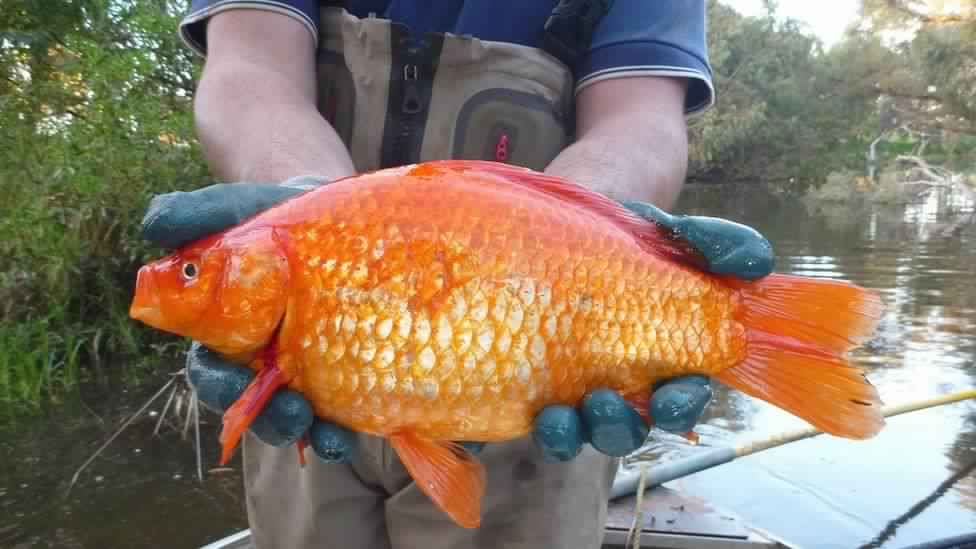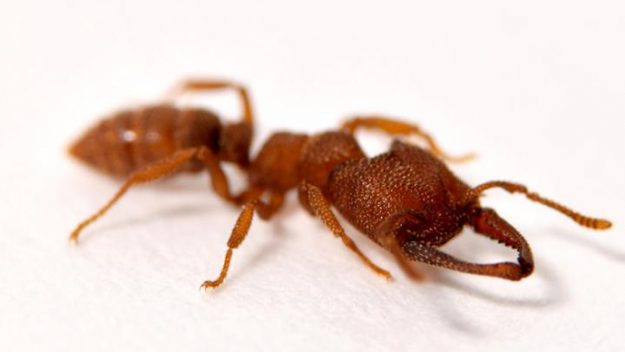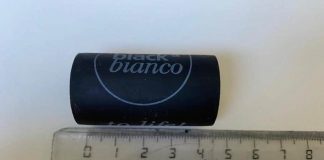Giant goldfish and other pet fish have been found in the rivers of Australia by researchers who believe they were released by their owners.
Dr. Stephen Beatty and a team from Murdoch University’s Centre for Fish and Fisheries released a paper describing goldfish, one of the first domesticated fish, as “one of the world’s worst invasive aquatic species.”
“Perhaps they were kids’ pets where the family have been moving house and their parents, not wanting to take the aquarium, have dumped them in the local wetlands,” Dr Beatty said, according to ABC News Perth. “Unfortunately a lot of people don’t understand that wetlands connect up to river systems, and introduced fish, once they get in there, can do a lot of damage to native freshwater fish and the aquatic habitat.”
Not only do goldfish released in the wild get huge — Beatty said he found one that weighed over four pounds, and most weighed over two — when not confined to tiny fishbowls, but they found goldfish haul great distances when it’s time to have goldfish sex.
“Our research discovered the fish displayed a significant seasonal shift in habitats during breeding season, with one fish moving over 230 kilometer [142 miles] during the year,” Beatty said, according to a press release.
Granted, football-sized goldfish are pretty cool to look at. But as an invasive species, they can brutally damage the ecosystem, according to Beatty. They hang out at the bottom of a body of water and stir up sediment, which increases the production of algae. Their feeding strategy usually makes it hard for other fish to find food. They eat the eggs of other fish. They probably brought an alien skin disease into the aquatic ecosystem (or at least one that causes skin lesions, Beatty told ABC).
The point is, goldfish are used to being the tiny only child in the fishbowl, and now they’re out in the real world without a lifeline, so they revert to being assholes and ruining everyone’s day. And apparently, that’s been a problem in Western Australia since at least 2015, when the Australian government put out a plea for everyone to quit flushing their living fish. Instead, they asked people to return goldfish to the pet store, or euthanize it by putting it in the freezer.
Fortunately, the new research may point to clues about how to stop the bulked-up goldfish from being so invasive. “What we found is that they actually migrate off the main channel into the Vasse River into a wetland system to spawn,” Beatty told ABC “Given that there is only a narrow channel to get into the wetland, we think that could be targeted to control the species in that system a lot more efficiently than we have been doing.”
So that’s what the Centre for Fish and Fisheries is doing about the problem. Beatty had only one favor to ask: “Whatever you do, don’t release fish into waterways.”
Sherri E. White













